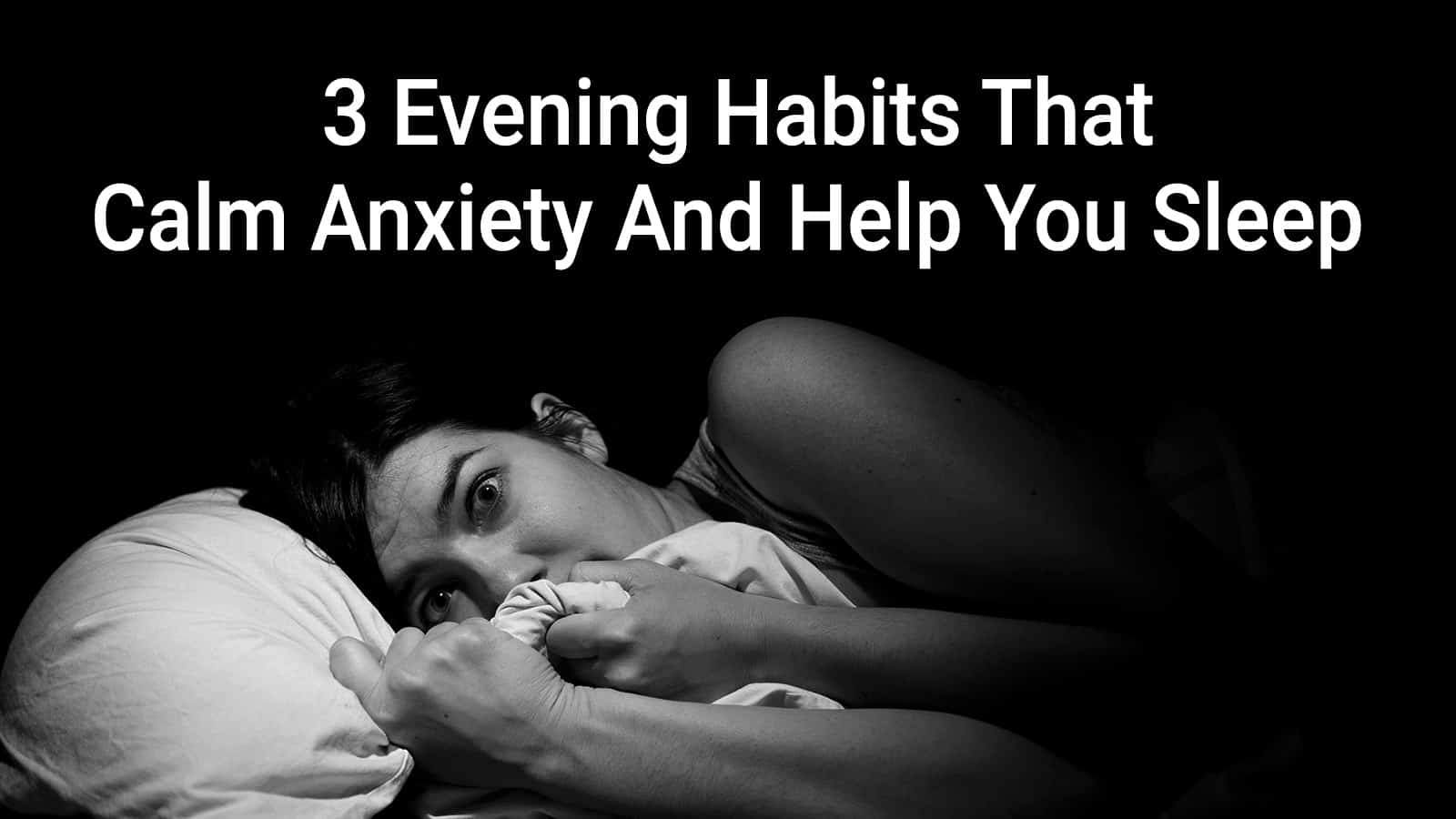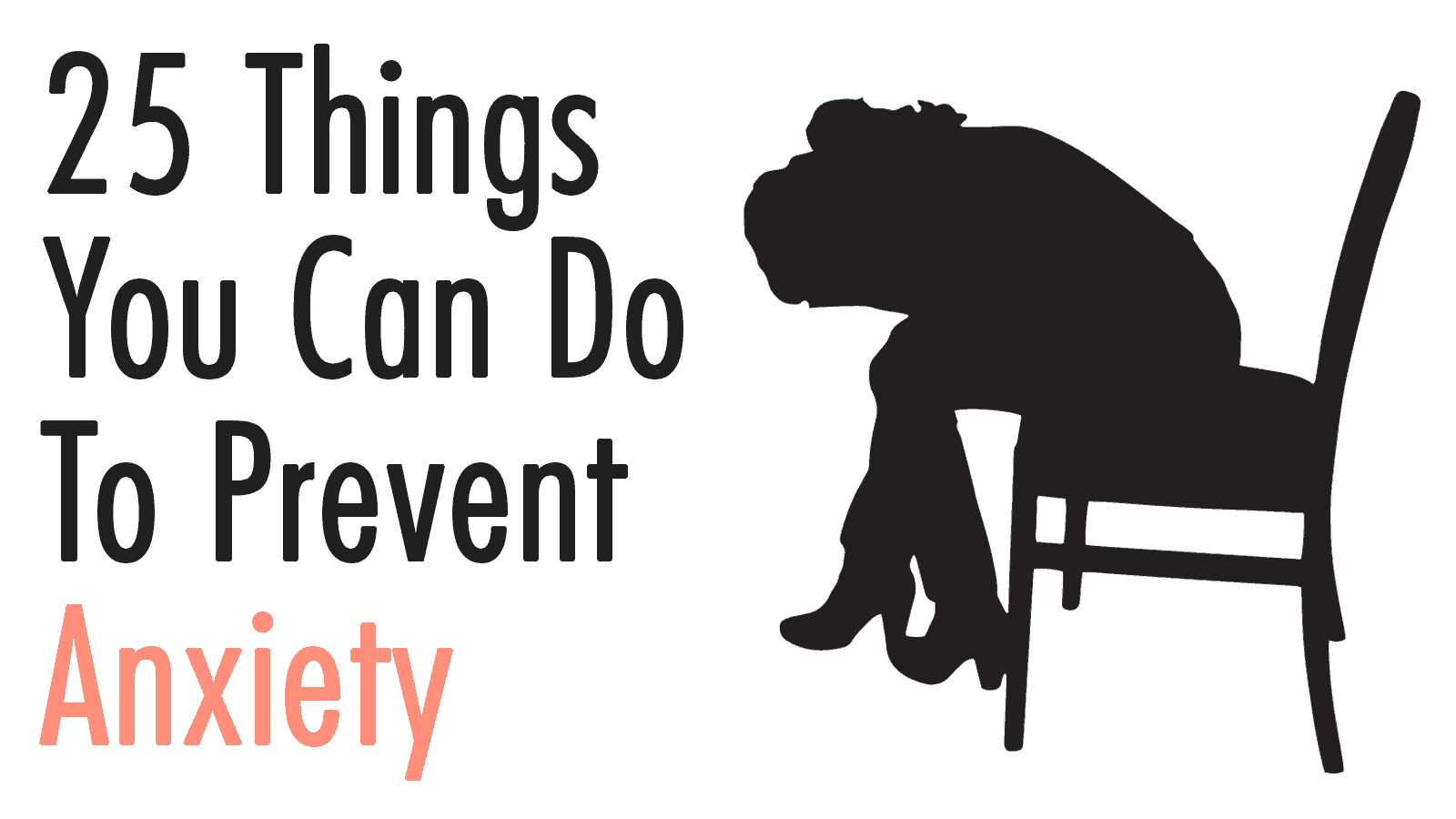Anxiety seems to be a growing epidemic. According to the World Health Organization, it is the most common mental disorder worldwide. One in 13 people globally suffers from an anxiety disorder. In the U.S., about 40 million adults have an anxiety disorder. If you have anxiety, it might seem debilitating at times, but you can use certain techniques to help calm you so that it doesn’t interfere with your daily life as much. Some people who deal with anxiety suffer from insomnia as well, because if you have racing thoughts at night, sleep can be hard to come by. Today, we want to go over some specific ways you can ease your mind and beat insomnia and anxiety once and for all.
Here are 3 evening habits that can help your anxiety and insomnia:
-
Write down your thoughts in a journal.
When you have racing thoughts that keep you up at night, try out this insomnia remedy. All you need is a pen and a journal to help you organize your thoughts. According to the University of Rochester Medical Center, journaling can help you prioritize your fears and concerns. It also helps you track your symptoms day-to-day so that you can recognize any patterns. Additionally, journaling gives you a way to initiate positive self-talk.
You might struggle at first to put down your thoughts on paper because it makes them seem more “real,” but just try your best to be honest with yourself. It might help you to consult with a therapist or counselor as well if you need someone to talk to about your anxiety and/or insomnia.
-
Have a regular meditation practice.
We have said this many times before, but one of the best ways to beat insomnia and anxiety is to completely stop what you’re doing and focus solely on your breathing – aka meditation. In one study, researchers instructed those with Generalized Anxiety Disorder (GAD) to do mindfulness meditation for eight weeks. At the end of the program, many patients saw a significant decrease in anxiety symptoms. You can read countless studies and information about meditation and anxiety online, and some studies have even shown meditation to be more effective than medication at treating anxiety.
To start a meditation practice, simply quiet your space so that you don’t have any distractions. Turn off your cell phone, power down your laptop, turn off the TV, etc. Then, make sure you have a comfortable spot to either sit or lie down. You can grab a pillow to sit on if it makes you more comfortable and relaxed. Finally, take deep breaths and focus completely on your breathing. Try to remain in the moment and don’t think about anything except relaxation. It might help you to find a guided meditation on YouTube or elsewhere if you have trouble staying focused or have distracting thoughts.
-
Watch something funny before bed.
In our world today, it’s easy to get caught up in negativity. News programs and even social media can bring down our mood and cause us to worry about all the issues in the world today. To combat feelings of anxiety, turn off anything that depresses or troubles you. Watch something funny instead. Laughter is one of the best medicines in the world, and the best part is, it’s completely natural and free of charge! Use this insomnia remedy if you have trouble quieting your mind at night; you can try searching YouTube for funny videos or scrolling through Netflix to find a show or movie that will make you laugh.
If you have kids or a pet, spend time with them as well, especially if you prefer to stay off technology before bedtime. Relaxing or playing a game with loved ones is a surefire way to beat anxiety and insomnia. Bonding and laughing together can ease your troubles and put things in perspective.
Final thoughts
Anxiety can feel like an all-encompassing monster at times, but it doesn’t have to. Remember that you can always refer to self-soothing techniques such as these to help calm your mind and ease anxiety and insomnia symptoms.
https://youtu.be/lFdcCXmGpy4














 Community
Community

